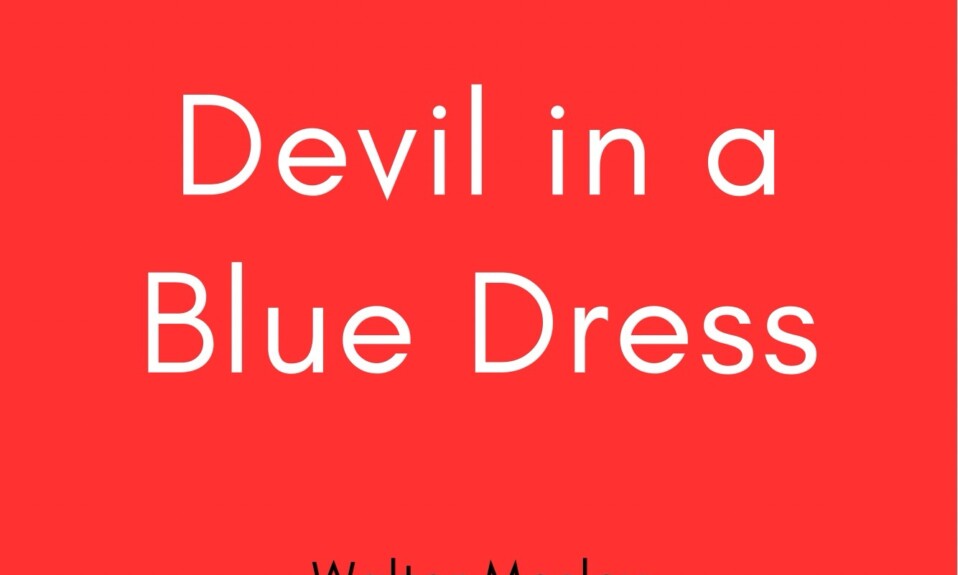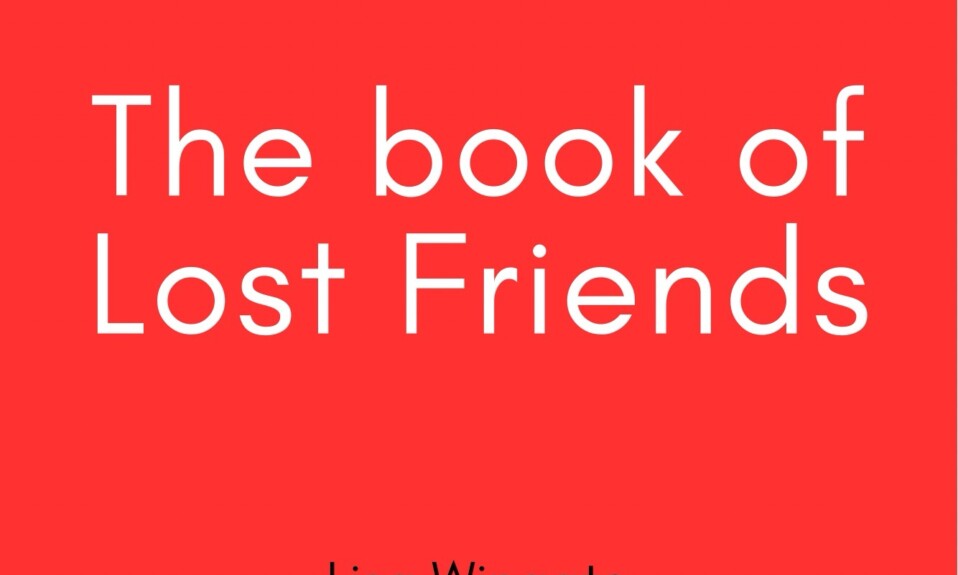
Overview: More Than a Coming-of-Age Story
Gary D. Schmidt’s Okay For Now is a poignant exploration of family dysfunction, societal prejudice, and the healing power of art. Set against the backdrop of 1960s America, the novel follows Doug Swieteck, a 14-year-old boy navigating a turbulent home life marked by poverty, abuse, and the scars of the Vietnam War. Through Doug’s eyes, Schmidt crafts a narrative that transcends simple growing pains, tackling themes like toxic masculinity, systemic classism, and the transformative role of mentorship.
Key Themes
- Art as Salvation: Doug’s connection to John James Audubon’s bird illustrations becomes a metaphor for his own quest for freedom and self-expression.
- Breaking Generational Cycles: The Swieteck men—abusive, emotionally stunted—contrast with Doug’s growth as he rejects their destructive patterns.
- The Hidden Costs of War: Lucas’s PTSD and physical disabilities expose the lifelong trauma inflicted on soldiers and their families.
Chapter-by-Chapter Analysis [ Okay For Now Summary ]
Chapter 1: Gender Roles and Familial Strife
Doug’s world is defined by rigid gender expectations. His mother embodies traditional femininity—silent, nurturing, trapped in a loveless marriage—while his father and brothers perpetuate a cycle of aggression.
- Symbolism Alert: The stolen Joe Pepitone cap represents Doug’s stolen innocence and his brothers’ enforcement of hypermasculinity.
- Key Moment: Doug’s secret love for Audubon’s art hints at his rejection of toxic norms, setting the stage for his transformation.
Chapter 2: The Shadow of Vietnam
Lucas’s return from war shatters the family’s fragile stability. His PTSD and physical disabilities force Doug to confront society’s failure to support veterans.
- Societal Critique: The town’s hostility toward Lucas mirrors America’s treatment of Vietnam veterans—blamed, not healed.
- Parallels: Doug’s gym teacher, another war-scarred figure, reflects how trauma perpetuates cruelty unless interrupted by empathy.
Chapter 3: Capitalism and Silence
Schmidt critiques capitalism’s dehumanizing effects:
- The library sells Audubon’s art for profit, symbolizing how institutions prioritize money over preservation.
- Lucas’s job rejections highlight ableism in a system valuing productivity over humanity.
- Doug’s Growth: His shift from apathy to activism—saving Audubon’s drawings—shows art’s power to inspire change.
Chapter 4: Redemption and Ambiguity
The finale subverts traditional masculinity:
- Doug’s portrayal of Jane Eyre challenges gender norms, earning respect from his hero, Joe Pepitone.
- His father’s rare act of decency (saving Christopher) suggests hope for breaking abusive cycles.
- Lil’s Fate: The ambiguous ending—wingbeats symbolizing hope or death—leaves readers reflecting on resilience amid uncertainty.

Why This Novel Resonates Today
- Relevant Themes: Doug’s struggle with societal labels (“skinny thug”) mirrors modern issues of prejudice and stereotyping.
- Mental Health Representation: Lucas’s PTSD and Doug’s silent trauma offer a nuanced portrayal of intergenerational mental health struggles.
- Art as Resistance: Audubon’s birds—beautiful yet caged—parallel Doug’s journey to reclaim his voice in a stifling world.
Final Takeaway
Okay For Now isn’t just Doug’s story—it’s a call to challenge systems that marginalize the vulnerable. Want to experience the full beauty of this novel? Get Okay for Now on Amazon Schmidt reminds us that redemption is possible, but it requires courage to defy the scripts we’re handed.
Explore More




2 Comments